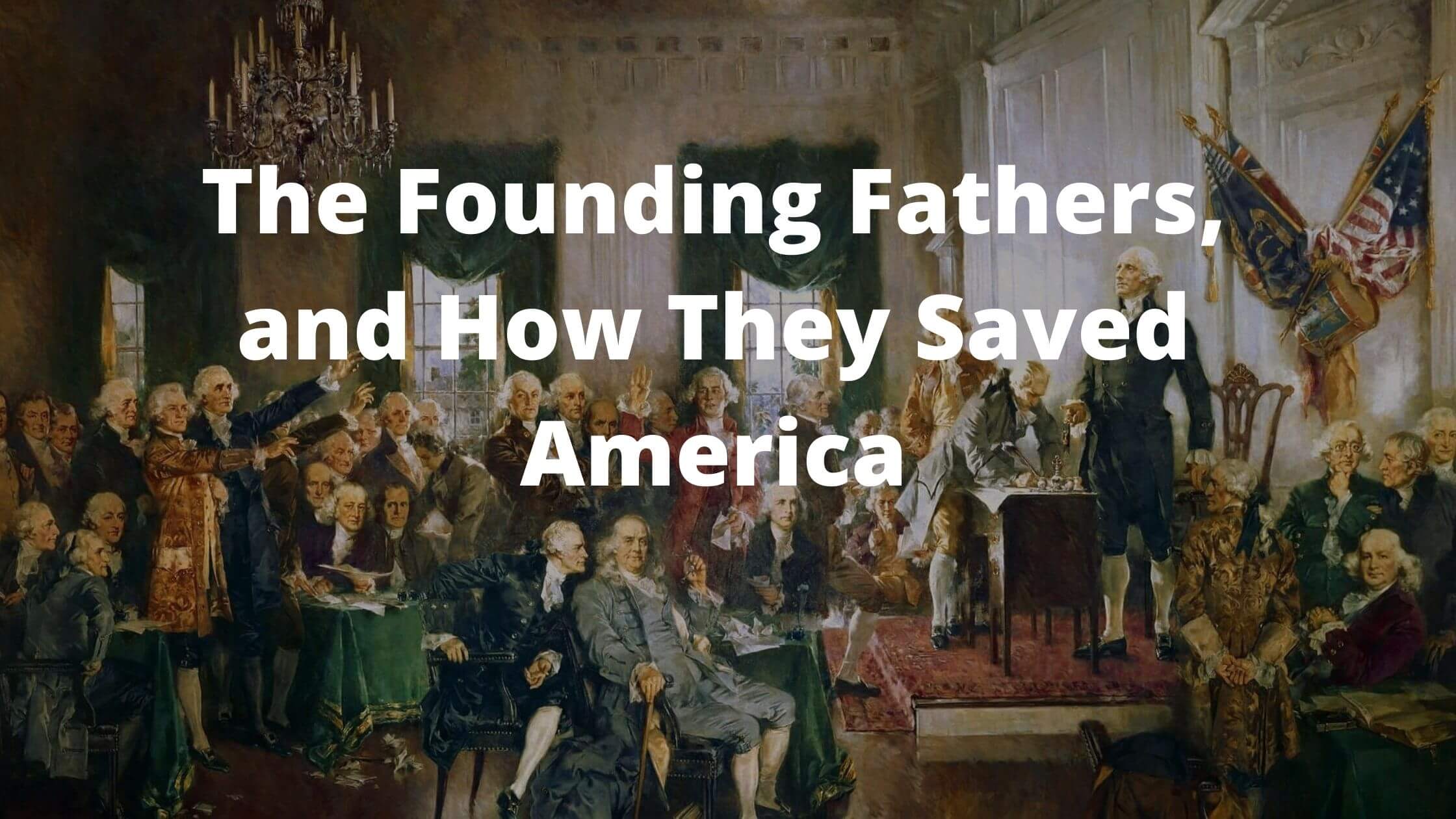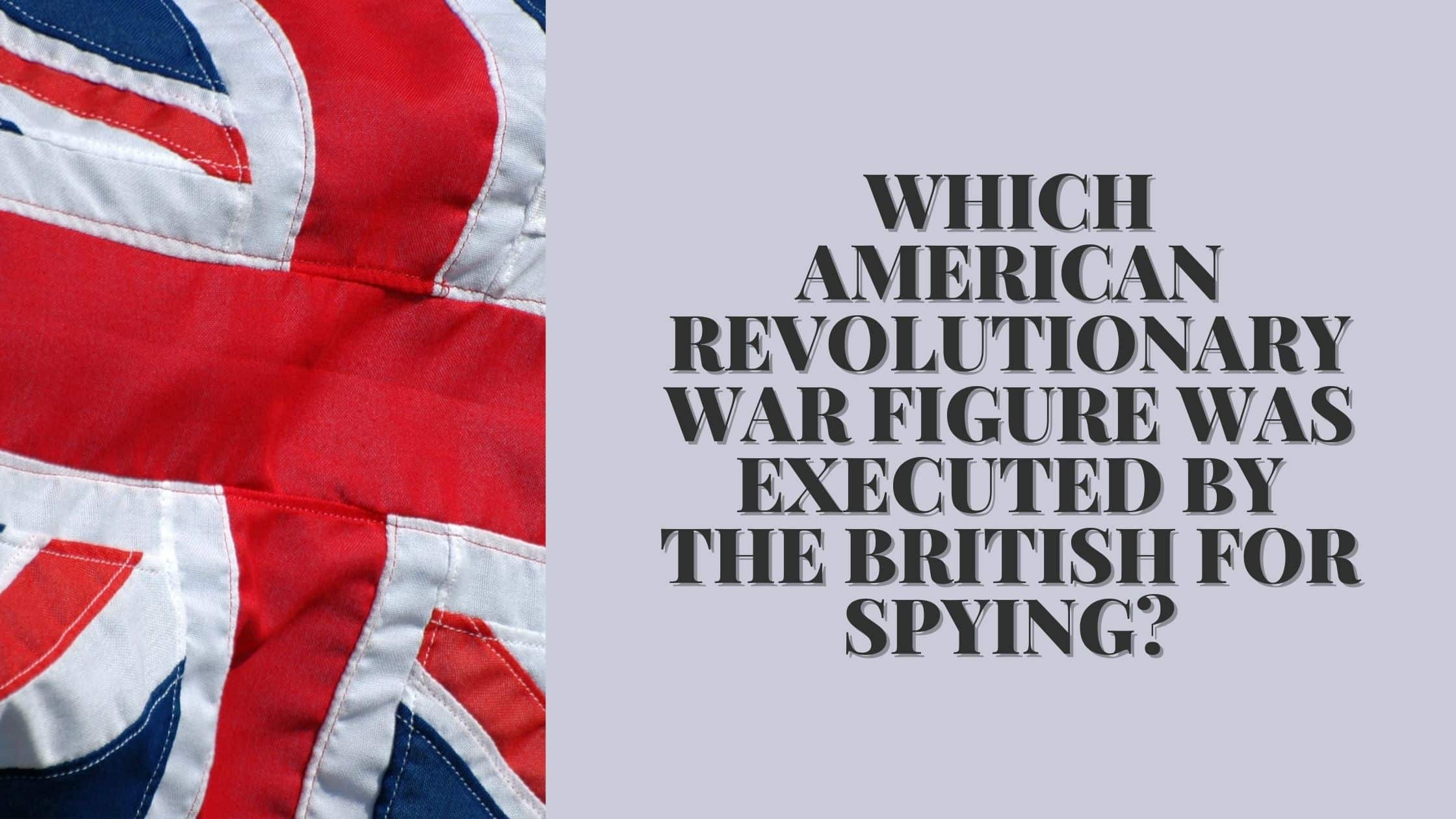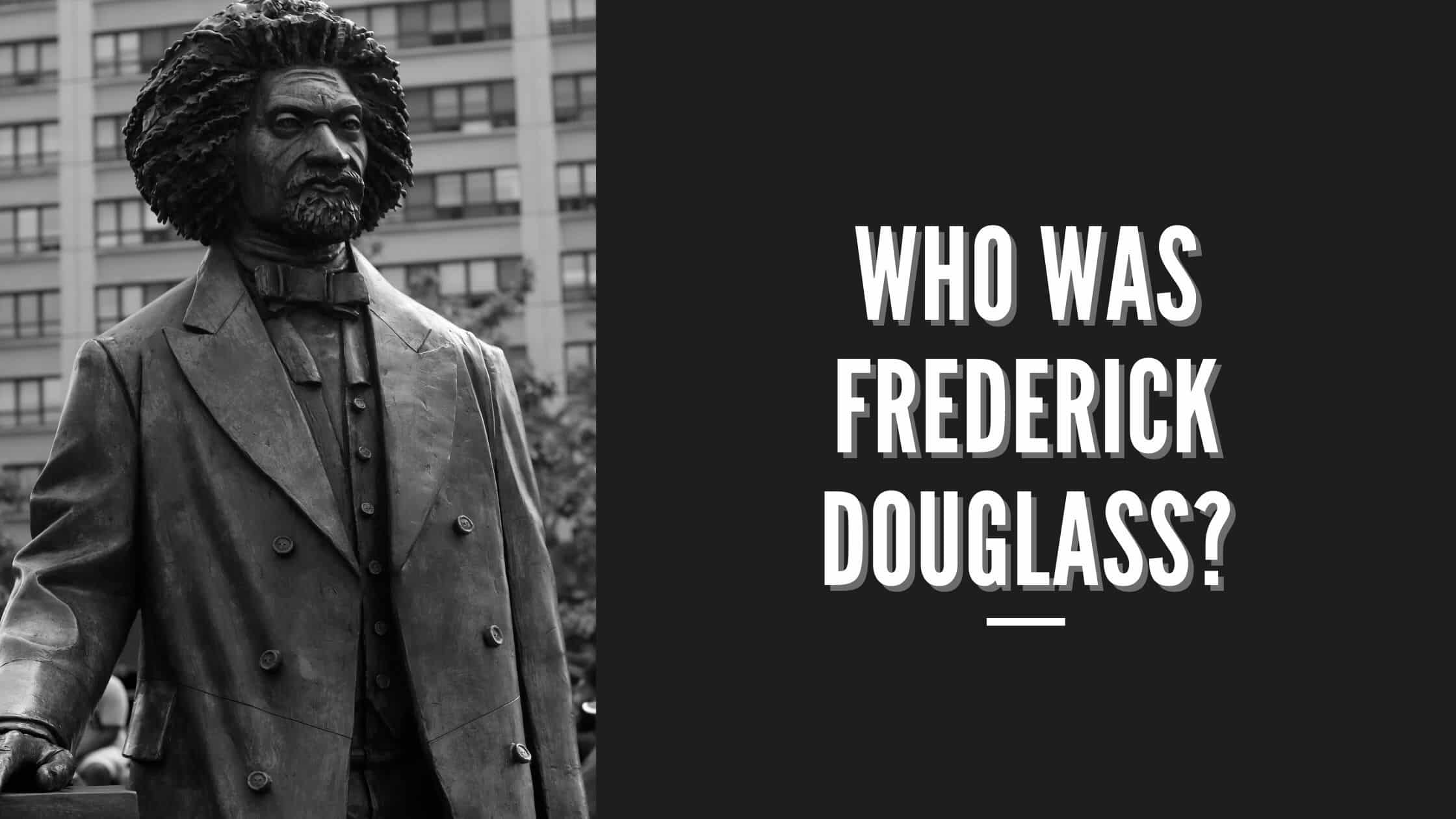Table of Contents
ToggleThe founding fathers redeemed America from the rule of the British.
Who are the 7 Founding Fathers?
Benjamin Franklin, Alexander Hamilton, George Washington, John Adams, Thomas Jefferson, James Madison, and James Monroe.
This post will highlight everything there is to know about these founding fathers and how they helped form the United States Of America.
Who Were The Founding Fathers?
America’s founding fathers were composed of seven gallant men who led the then 13 colonies of the United Colonies (now the USA) to independence. Post-independence, these men sat down and planned the unification of the 13 colonies to form the United States of America and then formulated the constitution that governs the affairs of the United States of America.
The founding fathers composed of:
- Benjamin Franklin
- Alexander Hamilton
- George Washington
- John Adams
- Thomas Jefferson
- James Madison
- James Monroe
That being said, other key men played vital roles in attaining independence, however, these seven men were prominent among all.
The Philadelphia Convention: How The Founders Framed The US Constitution
One key event that shaped the governance of the United States was the Philadelphia Convention. During this convention, most of the founding fathers met to discuss the loopholes in the Articles of Confederation and discard the Articles of Confederation.
The Articles of Confederation were weak because they gave all the power to the states, and the federal government had no control over vital affairs such as enforcing laws, collecting tax, and regulating foreign and interstate commerce. The Philadelphia Convention commenced on May 25th, 1787.
The Philadelphia Convention was the birth of the new and current US constitution, and it was formulated by most of the founding fathers. And in this section, we will highlight the roles of each founding father during the formation of the new constitution.
James Madison
James Madison was referred to as “The Father of The Constitution.” He was known for providing the plan that provided a framework for forming a stronger national government. He brought up a lot of ideas on how the constitution should be formulated and pushed for the ratification of the new constitution.
He was known for taking lots of well-detailed notes during the convention, and his notes are still used today to tell us what happened. They are important because the meeting in Philadelphia was confidential, and it was declared that no one leaked any information to the public for 30 years. This was done to ensure that the founders shared their opinions without fear. It is why the notes of James Madison were crucial to our understanding of what went on during the convention.
James Madison and the Virginia Plan
James Madison was known for his suggestion of the Virginia Plan. In his Virginia Plan, he thought that the government should be separated into three entities: the executive, legislature, and judiciary. He further suggested that the legislative branch be divided into the Senate and the House of Representatives. In addition, he said that each state would have its representatives. However, larger states would have more seats in Congress than smaller states.
His plan was opposed by the New Jersey Plan, which William Peterson suggested. His New Jersey Plan suggested maintaining three arms of government. However, instead of dividing the Congress into two houses, the Congress would remain as just one house, and each state would have one representative in Congress.
The New Jersey Plan highlighted the flaws in the Virginia Plan, and the proponents of the New Jersey Plan thought that the more seats a state had, the more power that state would have when it comes to voting in Congress. Proponents of the Virginia plan thought it was a good idea because they felt that larger states would be more affected by any laws passed. And because Virginia was a large state, it would be wise that they had more seats in Congress.
Smaller states like New Jersey opposed this idea because they felt like their opinions would not be considered since larger states would dominate the outcome of every election.
George Washington
George Washington led the Continental Army during the revolutionary war and his bravery was undisputed. His strategic victory over the British made his colleagues revere him.
He was also a proponent of the idea that a stronger government should be formed and the old constitution should be reformed. He didn’t want to attend the convention because he wanted to take some time off after the war on his plantation. However, he felt that his attendance at the convention would encourage other delegates to attend.
His attendance did indeed see other delegates follow suit. During the convention, he was unanimously appointed the president of the meeting and oversaw debates between members with different opinions.
Benjamin Franklin
Another revered man among the founding fathers was Benjamin Franklin. He was the oldest among them, and even though his health was deteriorating after the war, his love for the nation made saw him attend. Franklin had suggested that a clergyman pray each day before the convention commenced, but the delegates opposed this idea.
His role during the convention was to facilitate the event and soothe the anger of delegates when debates got heated. He was respected because of his old age, and most people listened attentively when he spoke.
His main duty, therefore, was to ensure order between delegates. After most of the delegates had voted for the new constitution to be passed, Benjamin Franklin also had to encourage every delegate to support the newly passed constitution, even if the delegates didn’t agree with the constitution.
As stated earlier, not all of the founding fathers attended. Some were on diplomatic duties in nations like France, Britain, and Spain negotiating crucial deals in favor of America. These founding fathers included:
- Thomas Jefferson
- John Adams
- James Monroe
- Alexander Hamilton
Thomas Jefferson
Thomas Jefferson was on a diplomatic duty to France, as he was the United States Ambassador to France. When the constitution was ratified, Jefferson negotiated crucial treaties with Europeans. One of the notable negotiations made was the Louisiana Purchase Treaty. After this treaty was negotiated successfully, Thomas Jefferson returned home.
However, while he was in Paris, a copy of the ratified constitution was sent to him via his close friend, James Madison.
Even though Thomas Jefferson was impressed by many things in the new constitution, he liked the fact that the government had more control over the nation’s affairs than the states. He also commended the idea of separation of powers and the fact that the people who paid taxes were represented in Congress by the delegates they elected.

Get Smarter on US News, History, and the Constitution
Join the thousands of fellow patriots who rely on our 5-minute newsletter to stay informed on the key events and trends that shaped our nation's past and continue to shape its present.
He made some criticisms, though, and suggested the inclusion of the Bill of Rights. His idea was to have a bill that protected the rights and freedom of the citizens, and the Bill of Rights later became the first 10 amendments of the constitution.
He also suggested that there should be term limits for the executive arm of government. This is because the original constitution permitted the president to stand for re-election every four years without limit, given that the president was on good behavior during his tenure.
John Adams
Unfortunately, John Adams wasn’t invited to the Philadelphia convention, and this was because he was serving as an Ambassador in London during that period. Nevertheless, the brilliant John Adams wrote several letters which were used to write the constitution of New Jersey, Virginia, and North Carolina. He was also known for his impact in drafting a constitution for his hometown of Massachusetts.
Even though John Adams didn’t have any direct impact on drafting the constitution, he was recognized for his effort in promoting checks and balances and the separation of powers. So, in a way, he indirectly impacted the United States constitution.
James Monroe
James Monroe wasn’t present at the Constitutional Convention. This is because, after the war, he was appointed to Congress in 1783. However, he retired to focus on his law practice in 1786 after the constitution was drafted.
In addition, he was more focused on his local governance than on Federal governance. He was appointed as a member of the state convention and is known to have opposed Virginia’s ratification of the new Federal constitution because he felt there wasn’t enough in the Bill of Rights to defend the freedom and rights of the American citizen.
Alexander Hamilton
Alexander Hamilton was one of the three delegates that represented New York during the Constitutional Convention. Even though he didn’t directly draft the constitution, he was part of a committee responsible for overlooking potential flaws that arose from the drafted constitution and overlooked its writing style. He was also tasked with outlining constitutional rules.











